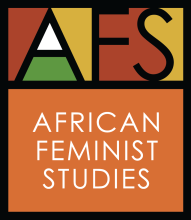The Convention on the Elimination of All Forms of Discrimination against Women (CEDAW) was adopted by the UN General Assembly in 1979. It is more commonly known as the international bill of women’s rights. The purpose of CEDAW, and its 30 articles, is to outline what constitutes discrimination against women and sets up an agenda for national initiative to end discrimination of this kind. On 29 January 1993, the South African government became a signatory of this convention, and on 15 December 1995, the government ratified it without reservation. This means that the government accepted all of CEDAW’s demands without contest. The purpose of CEDAW in SA is to hold the government accountable to international standards, and to ensure that the government constantly and consistently works towards the end of violence and discrimination against women. Whilst this has been happening, the Muslim Personal Law Network has undertaken field research in Cape Town (2018), Durban (2019), and in Johannesburg (via Zoom in 2020) to establish the lived realities of Muslim women stuck in bad marriages, struggling to access divorce, fighting for a just inheritance, or simply trying to enter a marriage on more educated terms. In an effort to bring this research and the WLC’s fight to the fore, the MPL submitted a shadow report to the CEDAW Committee.
This report outlines the fight undertaken by the WLC and supported by organisations and groups such as the MPL Network: https://www.google.com/url?q=https://tbinternet.ohchr.org/Treaties/CEDAW/Shared%2520Documents/ZAF/INT_CEDAW_CSS_ZAF_43555_E.docx&sa=D&source=editors&ust=1625774102124000&usg=AOvVaw2rf_-HEWNQewJ063SYp0Ua
Submission to South African Law Reform Commission
The project contributed to the South African Law Reform Commission Project 144 on a Single Marriage Statute, Discussion Paper 152. See the paper here.
